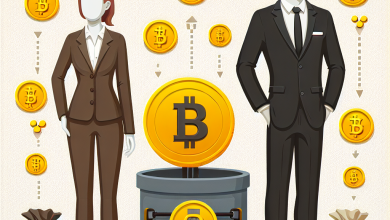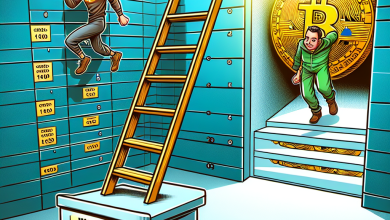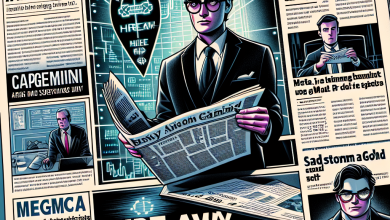Blitzer-Marathon 2023: How drivers can defend themselves
WirtschaftsWoche: I was recently flashed on the Autobahn. The speed limit was 80 km/h – and I’m actually pretty sure that I drove 80. If a fine should come now – what should I do?
Steffen Klug: First wait. Usually, the first thing that comes in is a hearing letter in which the authority informs you of the accusation – and gives you the opportunity to express yourself. Sometimes the fine notice comes straight away. If one of these letters arrives and you have any doubts about the allegation, you should seek legal advice. A lawyer can have the investigation file sent to him and check it for plausibility.
Is it worth it?
Every second fine notice is vulnerable. Every authority must be able to prove the allegation in court. It’s infringing on the rights of the citizen. Whenever a citizen disagrees, it goes to court. The extent to which a court is convinced or not depends on the case. However, most investigation files provide clues to sow doubts about the allegation. There are always points of attack.
Which?
It starts with the measuring device. If police officers use laser pistols, then these are completely beyond the control. A measuring officer looks at it, reads a number that is transmitted by another and passed on by radio. That’s where mistakes can creep in. The biggest source of error is people. The evidence is based on testimony given by the meter official in court. If he cannot remember the specific speed offender because he took a lot of measurements that day and because the case was half a year ago, a procedure can sometimes end with an acquittal. However, if he has prepared well on the day of the crime and made notes, his testimony in court will be more credible and increase the power of persuasion for the court.

To person
Steffen Klug is head of the traffic law department at the traffic law portal Freem. From 2014 to 2021 he was a freelance lawyer, primarily in traffic, criminal and administrative law.
What other sources of error are there?
The measuring device must be set up in accordance with the regulations, the officer operating it must have the necessary expertise, and so must the evaluation officer. The measuring device must be calibrated. The whole chain of evidence has to be there – that is rarely the case. The files are almost never complete. Sometimes the authorities even refuse to release the measurement data. Many measuring devices do not store the data at all, so that the measurement can only be traced to a limited extent. Imagine if, in the case of a murder, the police would dispose of the murder weapon as evidence at the crime scene. One would also say that this cannot be the case. There is a pending procedure at the Federal Constitutional Court, according to which the manufacturers could be obliged to enable the storage of the measurement data. It’s not like that at the moment.
You said earlier that every second fine notice can be challenged. How do you get the number?
These are numbers that I derive from the cases that end up with us. In 50 percent of the cases we can achieve an improvement for the client. Sometimes the accusation is true – but we can mitigate the sanctions. You can often do something about the points in Flensburg or the driving ban. Many judges are becoming more and more open to mitigating the sanctions if the person concerned makes a concession – a driving safety training course at the TÜV, for example.
You work for the traffic law portal Freem, which belongs to the group of the flight law portal Flightright. What do you do for your customers?
We accompany our customers through the process. We file an objection – you have to, because after two weeks the fine notice becomes final. Our lawyers look through the files and, if necessary, go to court. In the past year we conducted a medium, four-digit number of proceedings.
At what point does it make sense to fight back?
That depends on the person concerned. For some it makes sense to defend themselves against a fine of 30 euros – for idealistic reasons. But there are also professional drivers whose existence depends on their driver’s license – who have to defend themselves against any accusation.
How much do your services cost?
Anyone who has legal protection insurance does not have to pay anything – the insurance company bears the costs. We also recommend such legal protection insurance. If those affected are not insured, we make a flat-rate offer: 690 euros. This includes the defense before the authority and, in the first instance, in court. Incidentally, an initial assessment of the case is free of charge.
Also read: Illegal parking, speed traps and the like: That’s what Germans think about the effectiveness of fines.




